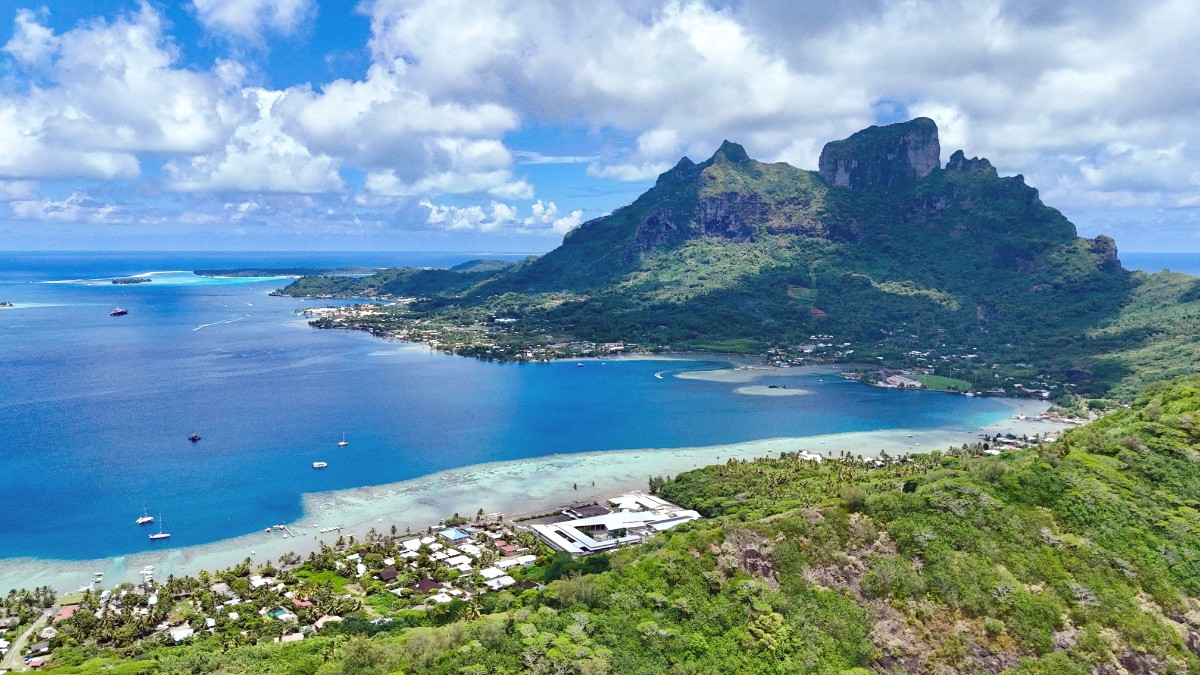
Tahiti And French Polynesia
Vini, Vodafone, and Moana Pasifika are the main mobile providers. Vini generally has the widest coverage.
Most guesthouses and smaller hotels offer Wi-Fi, sometimes with a fee or limited access.
Learning a few basic Tahitian words shows consideration and welcomes positive interactions.
Stay connected with eSIMs or portable WiFi, offering convenient options for data access during your trip.
Purchase a local SIM card upon arrival in Tahiti. This helps with data for maps and communication throughout your trip.
Bora Bora's operating hours reflect a relaxed island pace, with midday closures typical for many businesses.
Banks generally open Monday to Friday, from 7:45 AM to 3:30 PM, often closing for lunch.
Most Vaitape shops operate Monday to Saturday, 8 AM to 5 PM, with a long midday break (12 PM-2 PM/3 PM).
Lunch service typically 12 PM to 2 PM; dinner begins around 6:30 PM, lasting until 9:30 PM.
Major banks with branches in Vaitape include Banque de Tahiti, Banque de Polynésie, and Banque Socredo.
French Polynesia observes both French public holidays and its own local public holidays.
Plan your shopping trips to Vaitape during morning hours to avoid the midday closure many shops observe.
Bora Bora features a relaxed yet polite social environment, where respect for local customs is valued.
A polite "Ia Ora Na" (hello in Tahitian) or "Bonjour" (hello in French) is always well-received.
Swimwear is fine within resort grounds and on beaches. Other settings call for more cover.
Tipping is not customary in French Polynesia, as service charges are often included in prices. Wait to be seated in restaurants.
Be mindful of the delicate ecosystem, especially the coral reefs. Use reef-safe sunscreen.
When unsure about proper etiquette, observe locals and simply follow their example. A smile and courteous conduct are always welcoming.
Bora Bora's infrastructure presents some limitations for travelers with mobility challenges, requiring prior planning.
Limited infrastructure specifically caters to easy wheelchair access. Most public areas and older establishments lack accessible design.
Many lagoon-based activities, like boarding boats for snorkeling or diving, may present difficulties.
No specific services are widely publicized or readily available for travelers with visual or hearing impairments.
The best approach involves contacting individual resorts, tour operators, and the French Polynesia tourism board directly before booking.
Contact your chosen resort well in advance to discuss specific room types and assistance available for mobility needs.